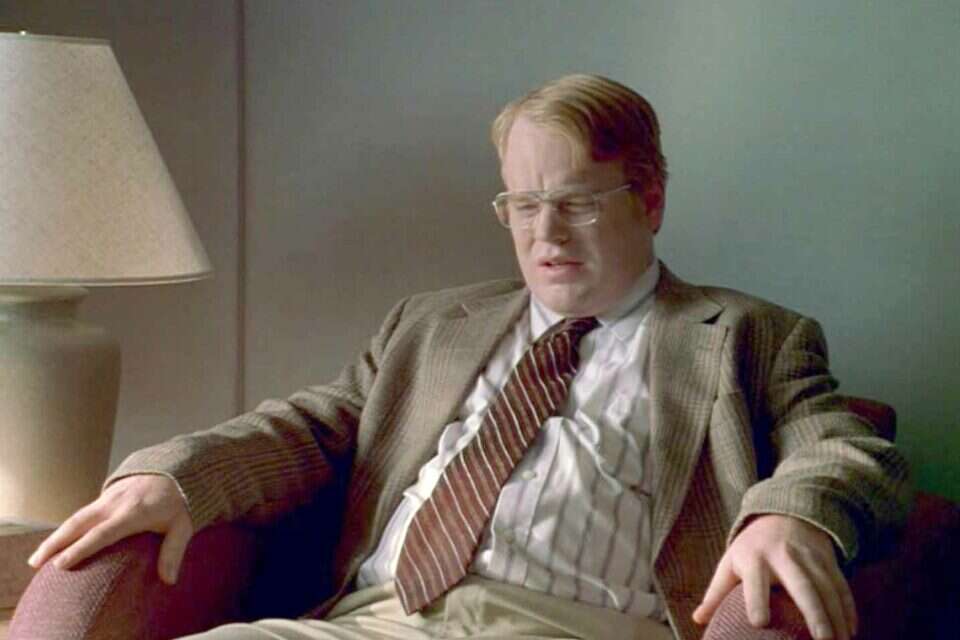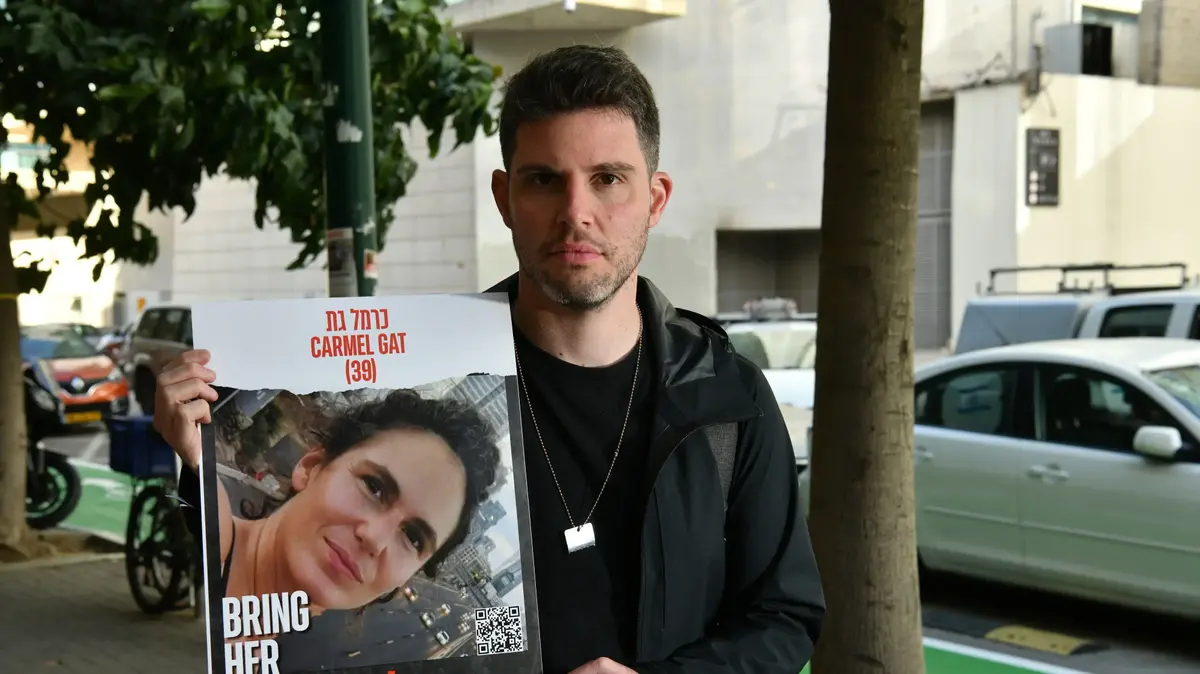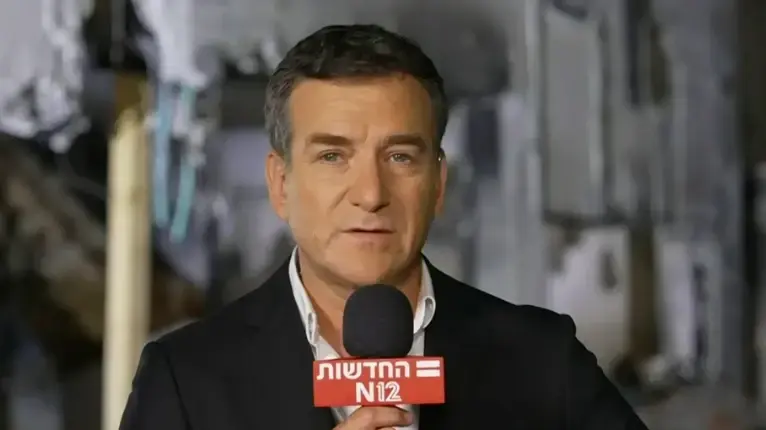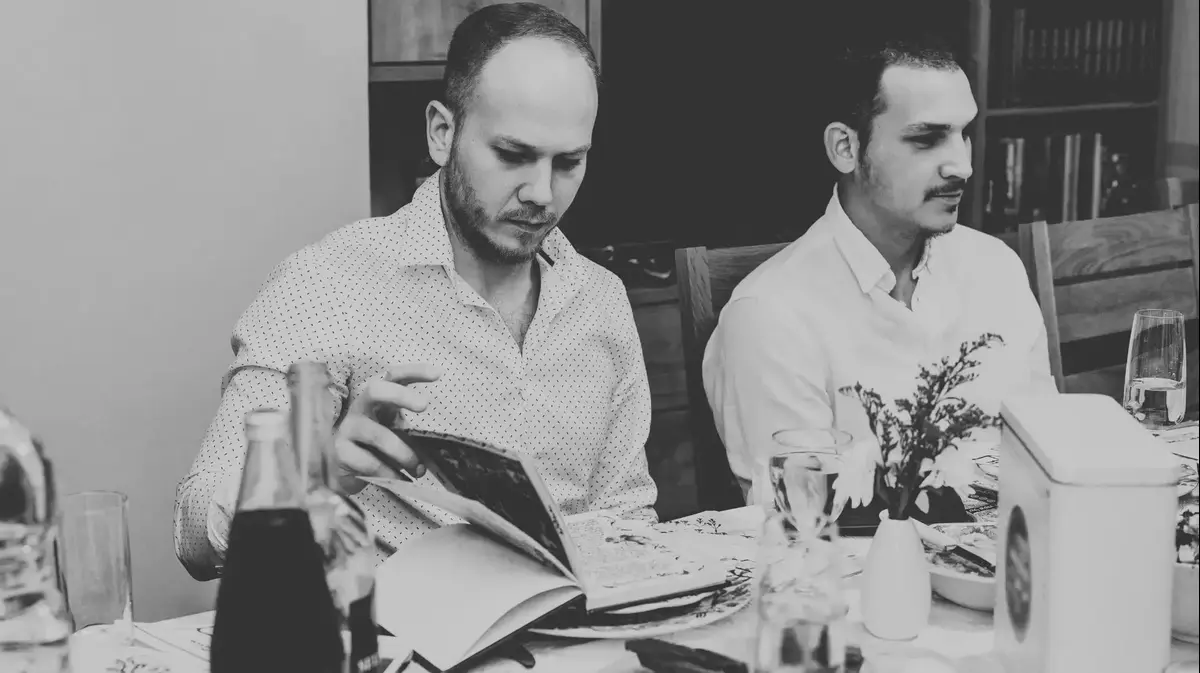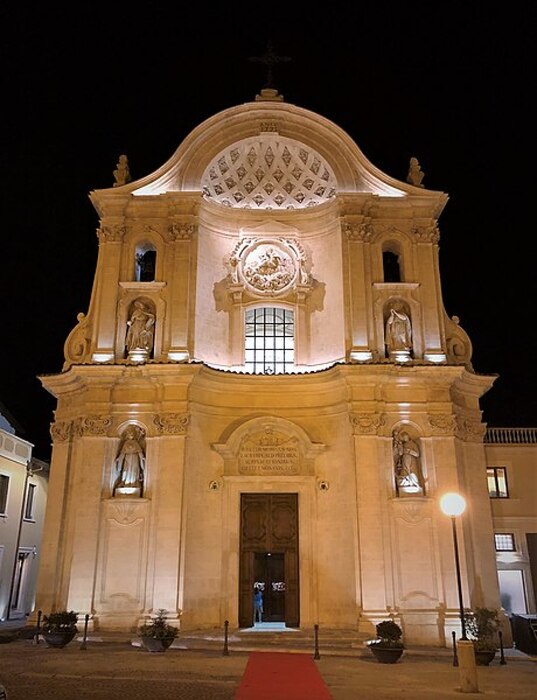Rabbi Uri Mestrilsk
("The
Resin
") ztl
. Said
his followers: "As long as Rabbi Uri did not differentiate on Shabbat night, the keys of hell were in his hand, and the souls who were exempt from punishment on Shabbat could hover in the world unhindered."
The prophet poet Uri Zvi Greenberg was His grandson, and always explained that "in my blood stems grandfather's blood, the resin from Strilsk, hence the irritability and enthusiasm."
And before Rosh Hashanah, I like R. Uri's interpretation of the piyyut "Please be strong," or rather the line:
R. Uri said: "We do not know at all how to pray, and we only cry for help out of the urgency of the hour. But the soul means spiritual needs, but we do not have the strength to express the soul's intention, so we pray that God will hear our cry, but will also hear The silent cry of the soul, he who knows mysteries. "
What is a silent cry of the soul?
During two and a half decades of journalistic writing, I have used several times the midrash that tells of Rabbi Elazar ben Dordia and the prostitute with vigorous bowel activity. For the first time I brought the Midrash out of a youthful return, and a vulgar provocative attempt to boast of the exoticism and bizarreness of the Talmudic text, like a child dying to the jubilation of the dumb crowd of a writer. Whereas in a repeated and in-depth study of the wondrous, strange, crude and poetic midrash, new and significant layers are revealed to me, which carry an essential and relevant lesson to the reality of our lives, just before the Day of Judgment. The silent cry of the soul.
In the Tractate Avodah Zara
in the Babylonian Talmud, Rabbi Elazar ben Dordia is told, who did not leave a single prostitute in the world who did not come upon her. That is, a Jewish rabbi involved in prostitution as if it were the Henry Miller minimum in Paris. One day Ben Dordia hears about a prostitute in the volumes of the sea (Rome), famous for her dubious services. Drenched in lewdness he embarks on a journey following his passion. Long Journey. He crosses seven rivers to come to her, the Midrash emphasizes. And when the encounter between the prostitute and the eager client takes place, the event that generates the turning point in the plot takes place, literally.
"At the foot of the dew thing," the Midrash tells us. And in translation into Israeli - at the time of the act, she swelled, and then stated decisively: "Just as this devaluation does not return to its place, so does Eleazar ben Dordia - do not accept him in repentance."
Ben Dordia is shocked. He did not expect a moral lesson from food, certainly not such a blatant metaphor.
The external stench is parallel to the internal one that controls his life. Does he have a chance to repent? Maybe? The very fact that things come this way indicates that in every situation in which man is immersed, in every mud, in every moral sewer, he can hear the voice of God, the voice of conscience, the voice of arousal. Maybe also in the text you are reading now?
Now Ben Dordia is embarking on a journey of correction. First, he tries to hold on to bigger ones. "He went and sat between two mountains and hills. He said: Mountains and hills asked for mercy on me." Ben Dordia, who feels zero and existential emptiness, seeks to hang on to an eternal foundation, a foundation with a greater existence than a human being whose beginning is dust and whose end is dust. The mountains and hills refuse him, because what for them, for all their power, and for the fate of a single person. Ben Dordia continues to seek mercy in other cosmic elements. It turns to heaven and earth, bread and moon, stars and zodiac signs. He seeks intergalactic assistance, a metaphysical connection, but the answer is the same: "Until we ask for you we will ask for ourselves."
On the verge of despair, Ben Dordia suddenly realizes - "It depends only on me". He has a burning awareness that he needs to look for the answer within himself. There are no deterministic excuses about the structure of the mind and genetics and mantics. No outside assistance of the forces of nature, Booth burning candles, gossips, sorcery or admors righteous distributed apply tamper.
Soul impaired, his fix.
"Put head between his knees and roared with crying until exhausted soul. Ben-Dordia converges into a fetal position, returning as at the beginning of his existence, to the primordial moment in his life, when his soul has not yet been tainted with slime and impurity. He confesses his sins, he no longer seeks excuses and artillery assistance but accepts a full answer.
The Gemara, unlike its
modern
heirs
, is unjust and pious and certainly does not censor human reality. There is a world, there are rabbis, there are prostitutes. The Midrash demands an answer that begins with the recognition of sin.
The mountains and the galaxy refused to protect Ben Dordia, and his redemption came only when he took responsibility for his actions.
The man begins his answer from the bottom of the bottoms, from the juice of the garbage, and there the prostitute awakens him from the coma of sin and testifies to the signed fate of Ben Dordia. From there we learn that even in thick darkness there is an end and hope.
For infinity, Gd, is found not only in physical creation and the vast universe, but also within us, and perhaps especially within us. And the answer is from the essence of the image of God in man, the ability to choose between good and evil. And within the soul its place.
And has been said Rabbi Kook: "'d go man to himself, immediately return to God."
Tractate Kiddushin (m, b) says Rabbi Shimon Bar Yochai: "Even the perfectly righteous all his life and rebellion recently lost his first, thus: 'The righteousness of the righteous will not deliver us in the day of his iniquity' (Ezekiel 33:12), and even an utterly wicked man all his days and made repentance recently is not reminded of his wickedness again, which is said: ' The
end is decisive, so it can always be corrected.
Happy New Year, good writing and signing.

